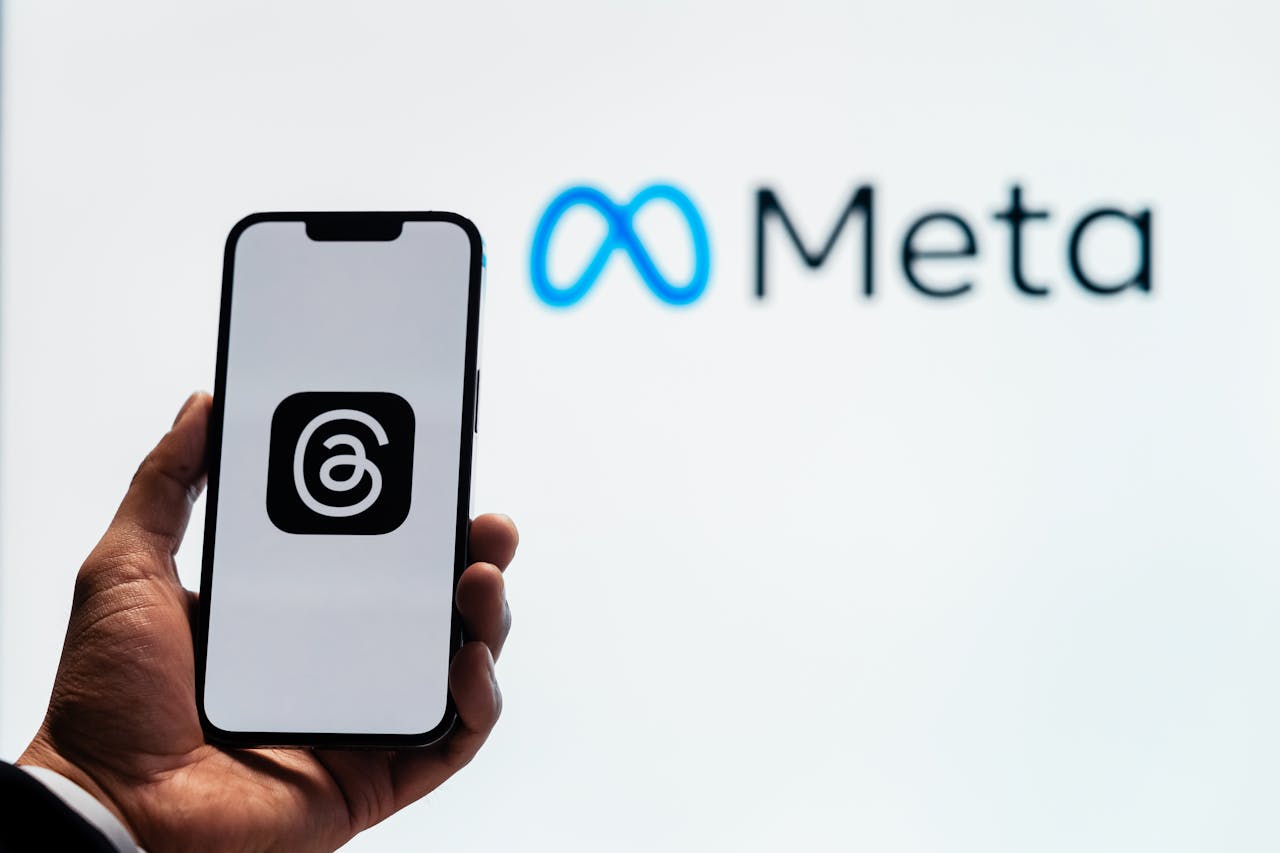
Meta Acquires Voice Startup Play AI to Expand AI Audio Capabilities
Meta Acquires Voice Startup Play AI
Meta acquires voice startup Play AI as part of its growing investment in artificial intelligence and audio technologies. According to an internal memo, the full Play AI team will be integrated into Meta starting next week. The memo describes Play AI’s ability to generate natural-sounding voices and its user-friendly platform for voice creation as a strong strategic fit across Meta’s roadmap—including AI Characters, Meta AI, wearables, and audio content production.
This move reinforces Meta’s ongoing commitment to voice and generative AI innovation. The acquisition also supports its broader vision to dominate future AI interfaces across devices and experiences.
Strategic Fit: Voice AI Across Meta’s Roadmap
Play AI’s core competency—generating human-like voices—positions it well within Meta’s expanding AI portfolio. The startup’s platform allows for simplified voice creation, potentially accelerating the deployment of voice-first features.
Meta’s internal roadmap highlights key integration areas such as:
- AI Characters that interact more naturally with users.
- Wearables requiring low-latency, life-like audio feedback.
- Audio content creation tools that demand scalable and believable voice outputs.
By bringing Play AI in-house, Meta reduces its reliance on third-party voice models and strengthens its control over the full voice stack—a critical component of multimodal AI experiences.
Broader AI Strategy: Aggressive Talent and Infrastructure Expansion
This acquisition is one of several recent steps Meta has taken to build AI infrastructure and talent. The company has actively recruited from AI firms like OpenAI, and has finalized a strategic agreement with Scale AI, whose CEO, Alexandr Wang, has joined Meta to lead its superintelligence initiative.
While financial details of the Play AI acquisition remain undisclosed, Bloomberg had earlier reported ongoing acquisition talks. This confirmation signals Meta’s readiness to consolidate niche AI firms to accelerate its product development cycles and AI deployment capabilities.
Implications for AI Voice Tech and Competitive Landscape
Meta’s acquisition of Play AI places it in a stronger position to compete in the voice technology segment—a space previously dominated by players like Amazon (Alexa) and Google (Assistant).
It also aligns with growing enterprise and consumer demand for voice-driven tools in virtual assistants, immersive environments, and customer experience platforms. For businesses developing AI-based communication tools, integrations like these may lead to more seamless, natural interactions powered directly by Meta’s core systems.
As Meta continues consolidating AI resources, its approach signals a shift toward vertical integration in both hardware and AI models, with voice emerging as a critical user interface layer.p
What could Meta’s deeper push into voice AI mean for the future of digital interaction across wearables, content, and assistants?
Explore Business Solutions from Uttkrist and our Partners’, Pipedrive CRM and more red-chicken-879474.hostingersite.com/explore



